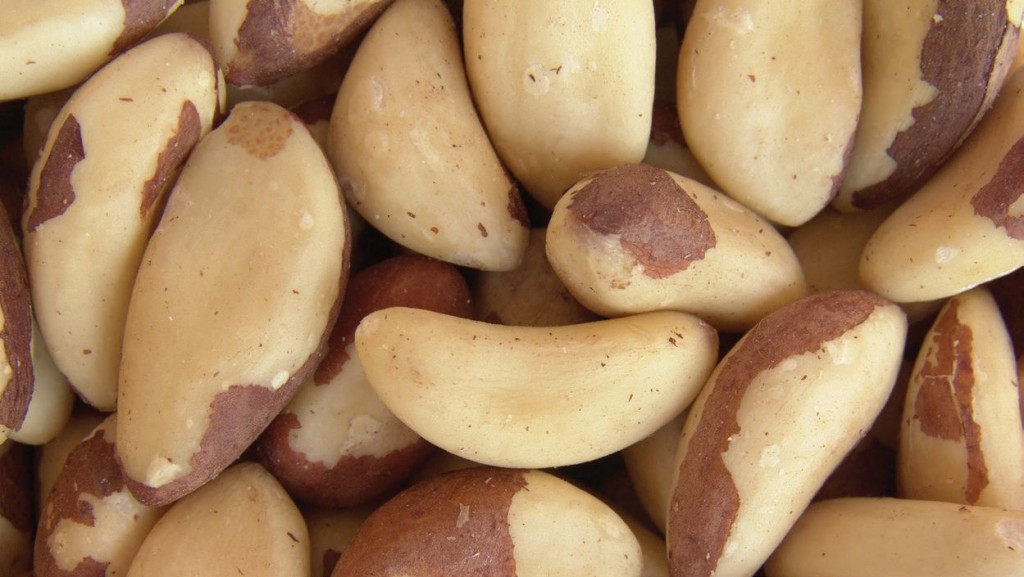The thyroid gland is one of our largest endocrine glands, located in the neck and shaped like a butterfly. It contributes to regulating our metabolism, producing energy and maintaining healthy calcium levels. The most common problems include an underactive thyroid, referred to as hypothyroidism, or an overactive thyroid, referred to as hyperthyroidism. Pathology tests which measure thyroid function include TSH, fT4 and fT3. Sometimes there can be an autoimmune component and further testing may be required.

Signs and symptoms of an underactive thyroid can include weight gain, tiredness, cold intolerance, depression and dry skin.
Signs and symptoms of an overactive thyroid can include weight loss, anxiety, irritability, palpitations and heat intolerance.
Healthy thyroid function is also an important factor in fertility, so it’s always good to check if you are planning a family and have never been tested.
Can Naturopathy help, if I’m on thyroid medication?
Your Naturopath at Herbs on the Hill will work with you one-on-one to ensure that the medication can do its job, support healthy thyroid function and decrease symptoms. This might include specific herbal, nutritional or dietary support. For example, some foods help to increase thyroid function and some can decrease thyroid function. The Brassica family are known as ‘goitrogenic foods’, which suppresses thyroid function, however cooking them first (steaming, stir frying or blanching is best) decreases this activity. This is great news as Brassica vegetables have wonderful anti-cancer properties. If on Thyroxine (T4) medication, T3 function can still be supported and it’s important to note this medication should always be taken away from other supplements as some compete for absorption. Naturopaths at Herbs on the Hill will be monitoring these levels with pathology testing as appropriate.
Can Naturopathy help, if I don’t need medication?
Yes, it sure can. What we often find is that whilst someone might be within the ‘normal’ pathology range, that does not necessarily mean that their thyroid function is optimum either. This is what can be referred to as subclinical hypothyroid or subclinical hyperthyroid, so whilst medication is not required, neither is the thyroid working at its best and symptoms might already be starting to appear. This can be an ideal time to address potential issues as the herbs and nutrients which can be used to enhance Thyroid function are generally safe (although still need to be prescribed with care) and may be able to prevent further deterioration in Thyroid function. Combining these to encourage optimum functions is the art.
